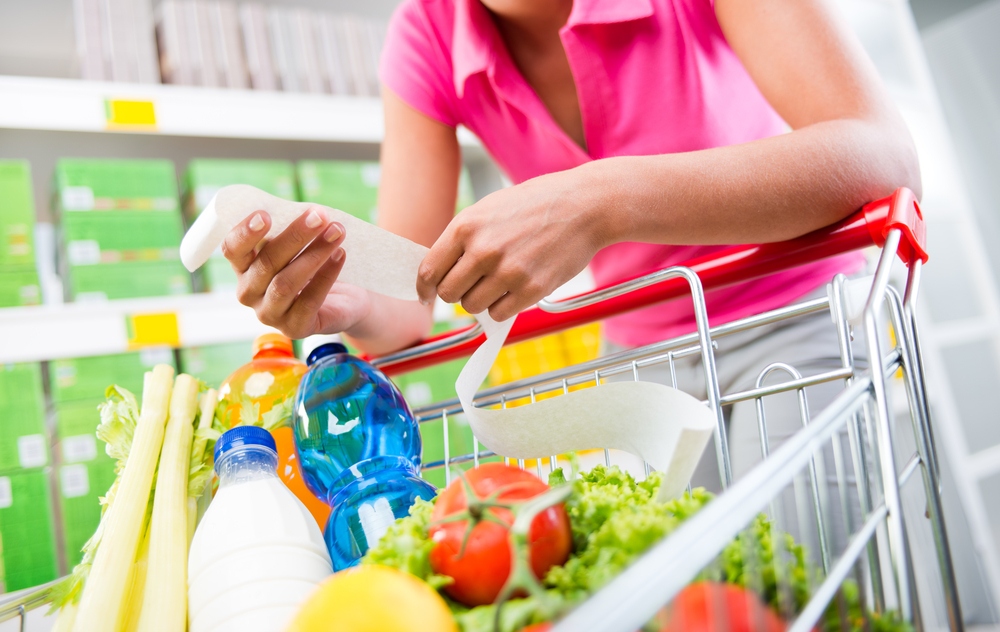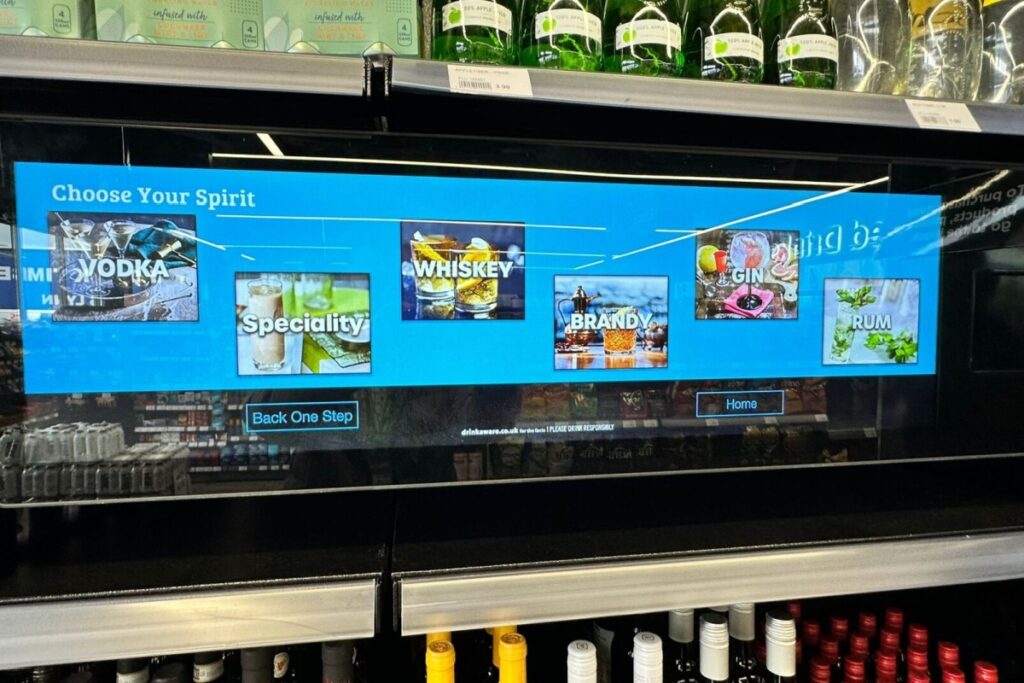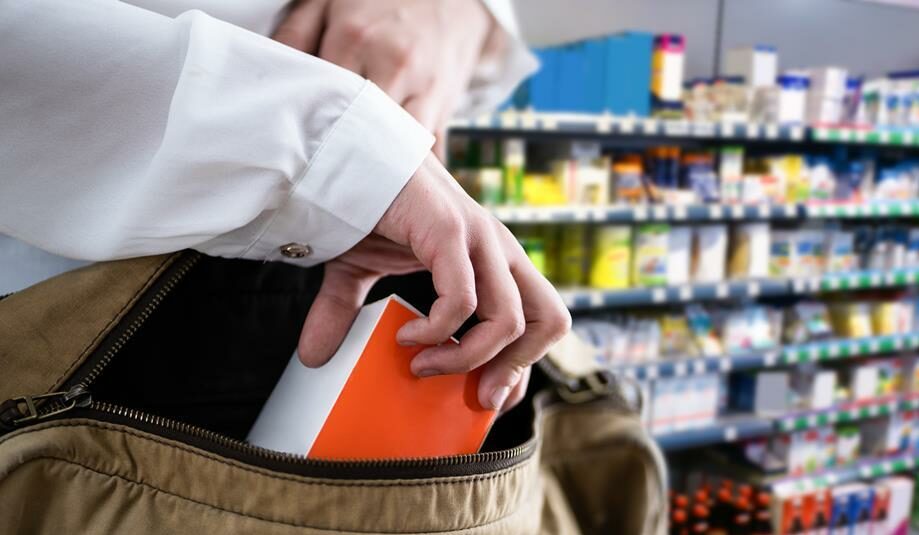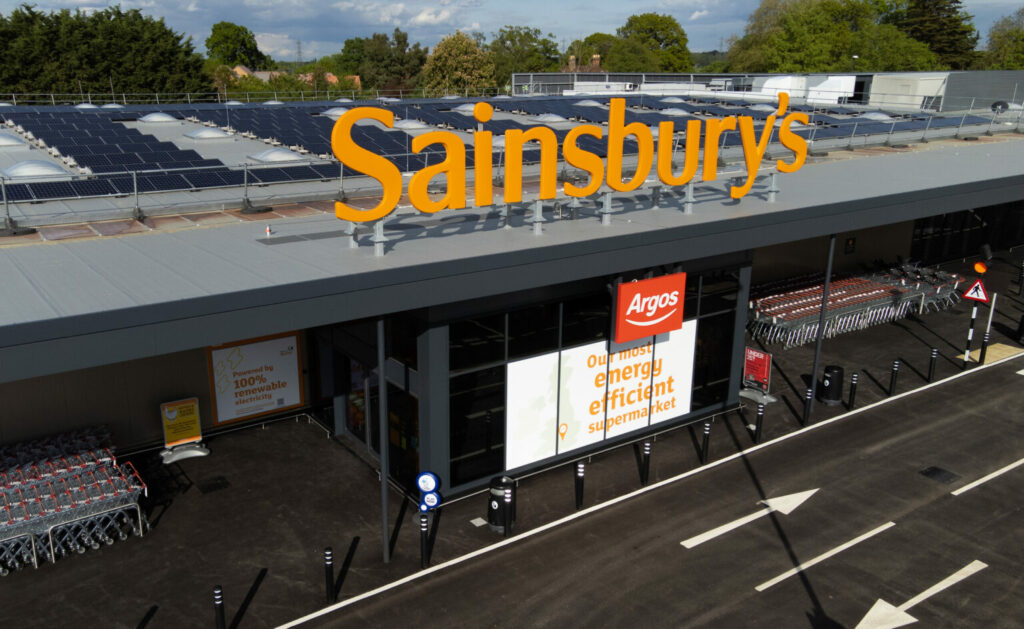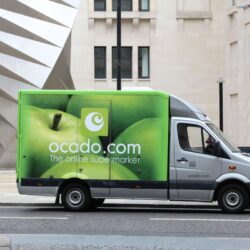// Grocery price inflation hits record 16.7% in the four weeks to January 22
// Shoppers are switching to supermarket own-label lines to save money
Food price inflation has reached the highest level since 2008, resulting in shoppers switching to own-label lines to save money.
Grocery price inflation hit a record 16.7% in the four weeks to January 22 – adding an extra £788 to UK shopping bills, according to Kantar.
The data found that Brits have been shifting away from branded foods and shopping for more lower-priced own-brand equivalents. Sales of own-label products rose 47% over the last year.
Subscribe to Retail Gazette for free
Sign up here to get the latest news straight into your inbox each morning
Overall take-home grocery sales jumped 5.7% during the four-week period and by 7.6% over the 12 weeks to January 22.
Kantar head of retail and consumer insight Fraser McKevitt said grocers were competing more than ever to continue offering value to customers amidst soaring cost of living.
“Competition in the British grocery sector is as intense as it’s ever been as retailers strive to retain shoppers,” McKevitt said.
“The grocers have been doing this by boosting their own-label ranges especially, with sales of these lines growing consistently over the past nine months. January was no exception as own-label lines grew by 9.3%, well ahead of branded alternatives which were up by just 1.0%.”
Aldi was the fastest growing grocer for the fourth month in a row this period, with sales 26.9% higher year on year. It now holds 9.2% of the market. Lidl’s sales jumped by 24.1%, putting its market share at 7.1%.
Sainsbury’s sales increased by 6.1%, just 0.1 percentage point higher than Asda and Tesco, giving it 15.4% of the market. Tesco remains the largest UK retailer with a 27.5% market share while Asda holds 14.2%.
Although its sales fell by 1.9%, Morrisons’ performance has continued to improve for the eleventh month in a row and its market share now stands at 9.1%.
Iceland’s share increased by 0.1 percentage point to 2.5%, driven by an annual sales rise of 10.6%. Ocado matched the market’s growth rate at 7.6%, well above overall online sales which were down 0.7%.
Co-op has a 5.5% share of the market and Waitrose accounts for 4.7% of total sales.

